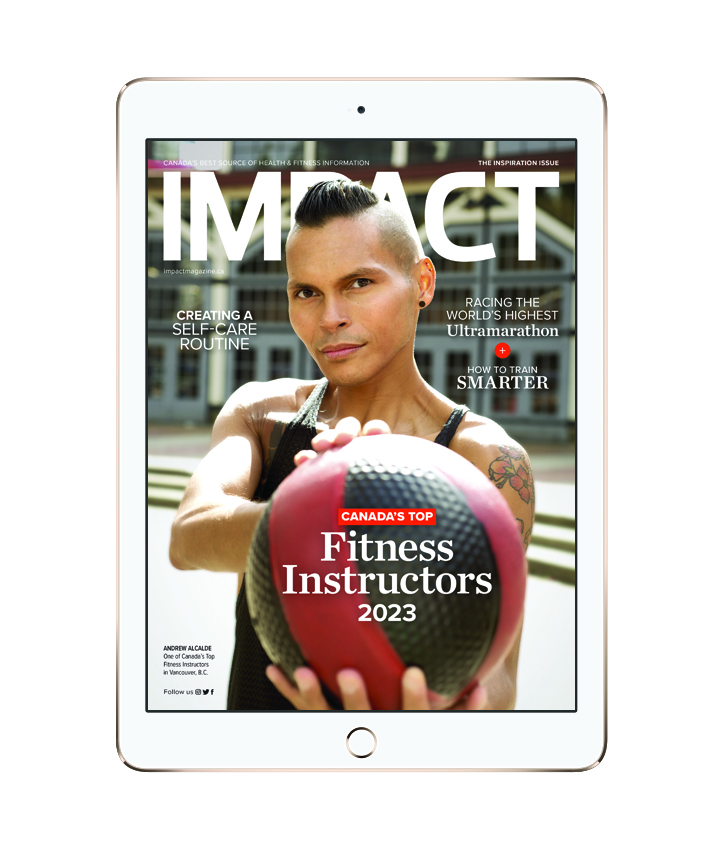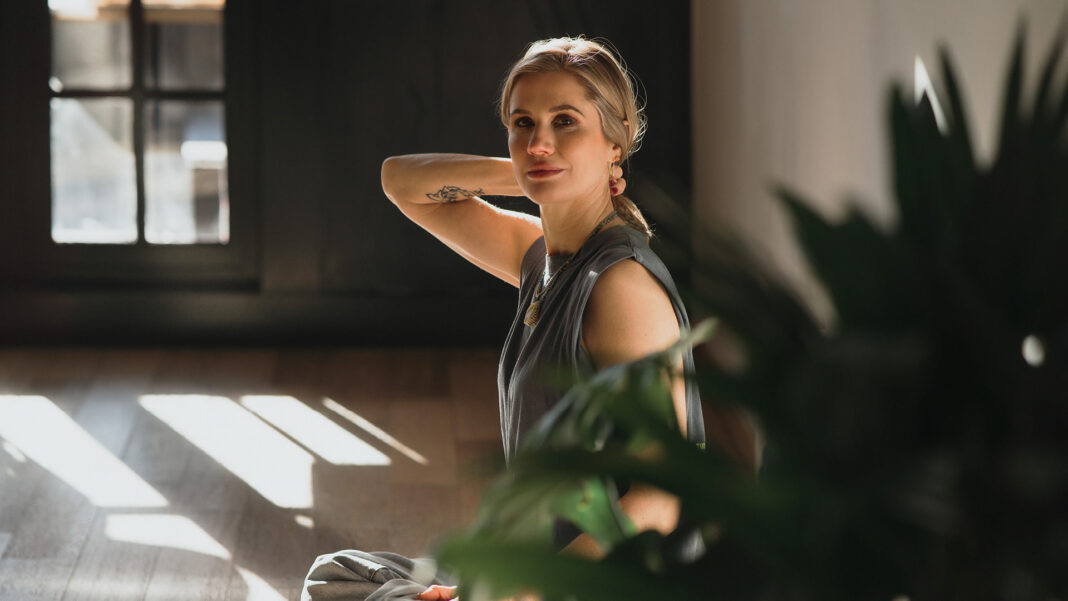What is self-care? This term is often used as a push from the wellness industry. Brands dupe us into thinking that self-care is something that can be bought. Bath salts and tea may provide temporary relief but will not affect longer-term balanced health. Self-care is an emotional revolution of taking charge of your life in all areas. Only you have the power to know how to take care of yourself.
The areas of health we need to manage are physical, emotional (spiritual), social and intellectual. Each of these categories are not in isolation, so an enhancement or imbalance in one area will influence processes and possibilities. Through inquiry and attention, we can nurture them all.
PHYSICAL HEALTH
In taking responsibility for the body, we may be required to form a new relationship with ourselves. We have been trained from a young age to bypass the body’s signals even urgent ones such as when we are hungry, tired or requiring a bathroom. Over time, our bodies stop sending the signals and we fall into a disrupted state. A radical idea is to go deep into listening to how our bodies respond to food, movement and sleep.
We have been offered conflicting information about what, how and when we should eat. Every human has a unique gut biome and nutrient requirements. We learn what foods nourish us by eating slowly and checking in on how we feel after certain foods and taking a pause after a meal to determine satiety.
Movement is a daily necessity, especially in our sedentary culture. It does not have to be complicated or strenuous but don’t overdo it. Overtraining can cause body dysfunction and disrupt or deplete the adrenals, throwing off our crucial hormonal balance, leading to a whole-body crisis.
Sleep provides the opportunity for our brain tissue and immune system to recover and repair. Seven hours is the standard amount for humans to sleep each night. There are gadgets on the market right now that can measure the length and quality of sleep, but simply tuning in to how you feel with different amounts of sleep is all the info you need to create a sleep hygiene routine.
The key message here is that before we can “dose” the physical body with self-care, be it movement, diet or rest, we must know with what we are working. Learning about our current state of physical health by listening deeply to our body’s signals will enable us to create our own self-care program.
EMOTIONAL (SPIRITUAL) HEALTH
Emotional health is paramount to our overall health and well-being. Like the physical body, the gauge of how we are doing in the emotional body comes from getting quiet. We are fortunate to live in a time where we have access to meditation resources in person, in literature and online in many forms. Meditation can be accessed at any moment by being present in your body, environment and thoughts.
In a culture where we are driven to distraction by our phones, meditation is a form of resistance and revolution. When we check into our thoughts we can start to know what medicine is required. There is a lot of evidence that the necessary medicine can be found in nature, meditation and journaling. Professional therapy in all its forms is vital when we are stuck with thoughts; sometimes it takes an expert to challenge the rationality of our thoughts and to provide a lens other than our own.
SOCIAL HEALTH
Social health encompasses all our relationships, including our local community. Social health has been greatly affected by the pandemic, and this is one area of health I feel will take some time to recover from the impact of isolation. And while the pandemic did impact our social health by restricting our access to many people we love and need in our life, it also gave us a silver lining of a reset. Pre-pandemic, many of us just said yes to multiple social engagements during the week, despite being depleted and likely needing time for ourselves.
Social health awareness requires that we lean in and notice our habits. Everyone has a tendency towards being introverted or extroverted; it is important to find balance. It can be depleting to go out all the time, and lonely to always say no. It is healthy to have people in your life who are loving and supportive but who will also challenge your blind spots.
INTELLECTUAL HEALTH
This area of health is often overlooked in adulthood and can have a big impact on the other areas. As children, our intellectual health was constantly challenged in many subjects; we were expected to be creative, innovative, think laterally and have great recall.
The brain operates on a “use it or lose it” principle. If we aren’t actively using a particular area of the cerebral cortex—the musical area for example—the brain connections are pruned to make room for the pathways we are using currently.
Interestingly, by increasing connections in one area of the brain, it affects the growth and plasticity of all areas of the brain. This phenomenon can be used to advance our cognitive health, vibrancy, and longevity. Engaging in something novel lights up new connections in the brain. Not only will this increase cortical health, but it will also stimulate plasticity of the connections.
A new year is an opportunity to reframe our perspectives, and there is so much to do. We can be grateful that the challenging times experienced as a society have also opened the conversation of how we can be healthier in all ways. By developing a self-care routine with the pillars of physical, emotional, social and intellectual health we can start to take better care of ourselves. Health is wealth, and with inquiry and autonomy over our wellness, we create the opportunity for greatness.
You May Also Like Health & Wellness
Photography by Janis Hofmark

Read This Story in Our 2023 Inspiration Issue
Read about our 2023 Canada’s Top Fitness Instructors – our top 30 from across Canada! How to Train Smarter in 2023, Yoga Nidra for What Ails You, Racing the World’s Highest Ultramarathon, our favourite plant-based recipes and more!
















